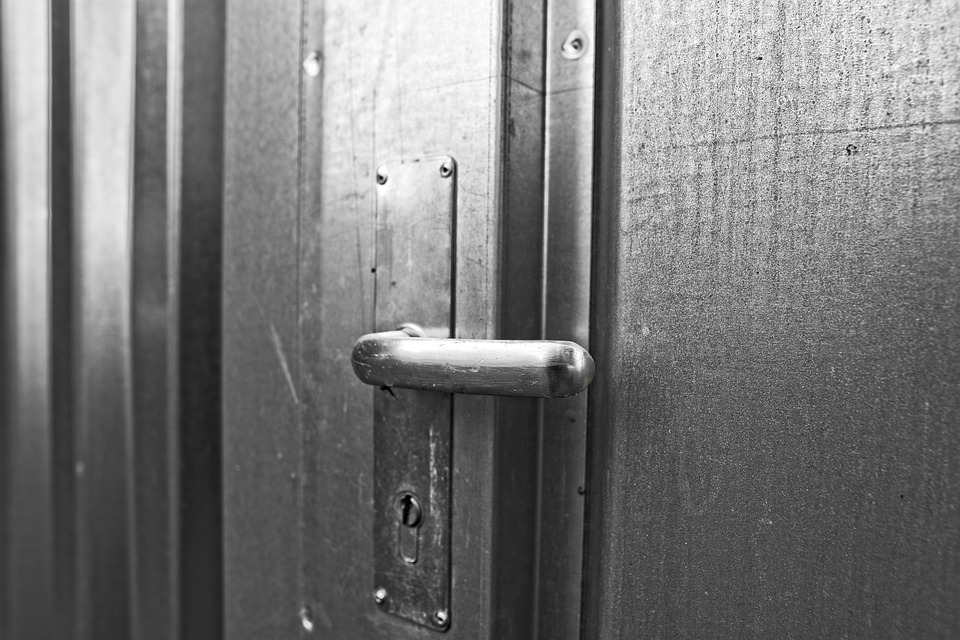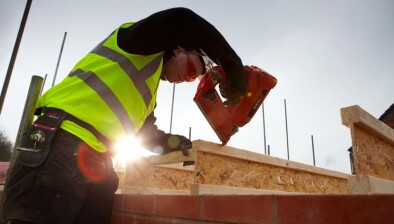England: Landlord possessions increase by 207%
Homelessness charity Crisis has criticised the UK Government for failing to provide effective support for renters following the end of a coronavirus-linked eviction ban in England after new figures revealed that the number of landlord possessions has soared by 207%.

The latest Mortgage and Landlord Possession statistics released by the Ministry of Justice yesterday cover July to September 2021, the first full quarter since the ban on bailiff enforced evictions ended in England. The ban in Wales ended on June 30.
According to the figures, there were 4,853 landlord possessions across England and Wales in this quarter - this is a 207% increase compared to the previous quarter (when there were 1,582 possessions), but 35% lower compared with the equivalent quarter in 2019, before the pandemic (when there were 7,453 possessions).
There were 10,202 possession claims issued, with more possession claims from private landlords (4,373) than from social landlords (3,681).
Mortgage repossessions by bailiffs have increased by 756% since the previous quarter, from 45 to 385.
Jon Sparkes, chief executive of Crisis, said: “These figures make clear how damaging it was for the UK government to end the eviction ban without providing sufficient support for renters who had built up arrears in the pandemic. More and more people who lost their jobs and had their lives turned upside down are now being forced into homelessness. As more cases make their way through the courts, we sadly expect this to increase further still.
“Last month the UK Government did announce a winter support package of £65m for renters but with a million in arrears, it falls well short of the £270m that is needed.
“The real people behind these statistics have been left to bear the brunt of this piecemeal support, as cost of living is rapidly increasing and temperatures dropping. Seeing more people face homelessness is simply unacceptable. To tackle homelessness before it happens, we need to prevent people falling into arrears in the first place and that must include unfreezing housing benefit so it covers the true cost of renting.”







